rhubarb.... bad for worms?
mcav0y
15 years ago
Featured Answer
Sort by:Oldest
Comments (9)
leearnold
15 years agosqueeze
15 years agoRelated Professionals
White Oak Landscape Architects & Landscape Designers · Wakefield Landscape Contractors · Boca Raton Landscape Contractors · Hawthorne Landscape Contractors · Lakewood Landscape Contractors · Pahrump Landscape Contractors · Silver Firs Landscape Contractors · Aurora General Contractors · Browns Mills General Contractors · Fairview General Contractors · Haysville General Contractors · Modesto General Contractors · Rancho Cordova General Contractors · Statesboro General Contractors · Woodland General Contractorslkittle
15 years agosusanfromhawaii
15 years agosqueeze
15 years agosusanfromhawaii
15 years agoJasdip
15 years agokioni
15 years ago
Related Stories
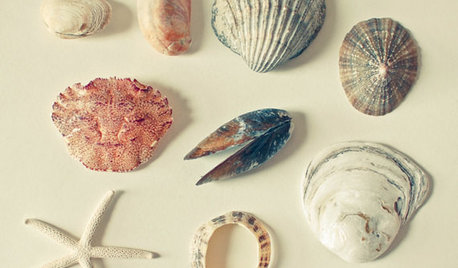
DECORATING GUIDESNature’s Color Wisdom: Lessons on Pink From the Great Outdoors
Leave your assumptions about pink at the princess playhouse door. Head outside instead for shades from shocking to subtle
Full Story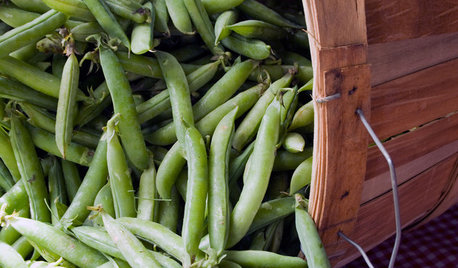
GARDENING GUIDES11 Favorite Edibles for Your Cool-Season Garden
Plant crunchy carrots, crisp radishes, tender peas and other vegetables for fall and spring harvests
Full Story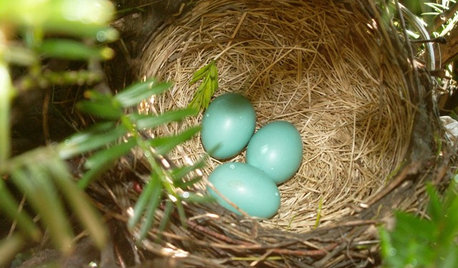
GARDENING FOR BIRDSWhat to Know About Birds Nesting in Your Yard
Learn how to observe, record data and help ornithologists with NestWatch’s citizen science project understand bird trends
Full Story
GARDENING GUIDESGet on a Composting Kick (Hello, Free Fertilizer!)
Quit shelling out for pricey substitutes that aren’t even as good. Here’s how to give your soil the best while lightening your trash load
Full Story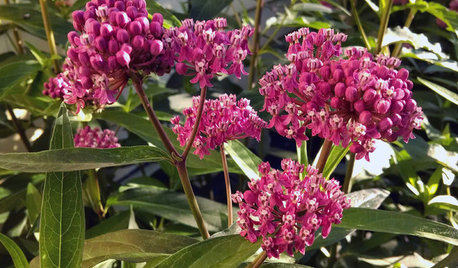
GARDENING GUIDESOh, Deer! 10 Native Flowers That Stand Up to the Herds
Keeping a garden amid hungry deer can be hard, but these plants should fare well
Full Story
GARDENING GUIDESNew Ways to Think About All That Mulch in the Garden
Before you go making a mountain out of a mulch hill, learn the facts about what your plants and soil really want
Full Story
KITCHEN DESIGN9 Questions to Ask When Planning a Kitchen Pantry
Avoid blunders and get the storage space and layout you need by asking these questions before you begin
Full Story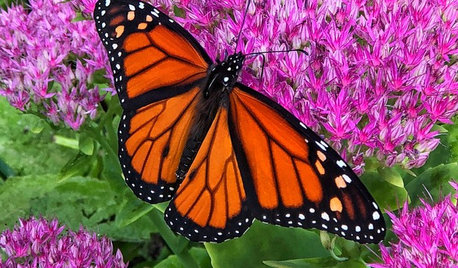
GARDENING GUIDES6 Steps to Creating Your Butterfly Garden
Encourage these fanciful winged beauties to visit your garden while helping restore their fragmented habitat
Full Story
ORGANIZINGSimple Pleasures: Preserving Analog Memories in a Digital World
Too often our photos and mementos accumulate in computers and in piles. Here’s how to free them up to be displayed and enjoyed
Full StorySponsored
More Discussions







mcav0yOriginal Author